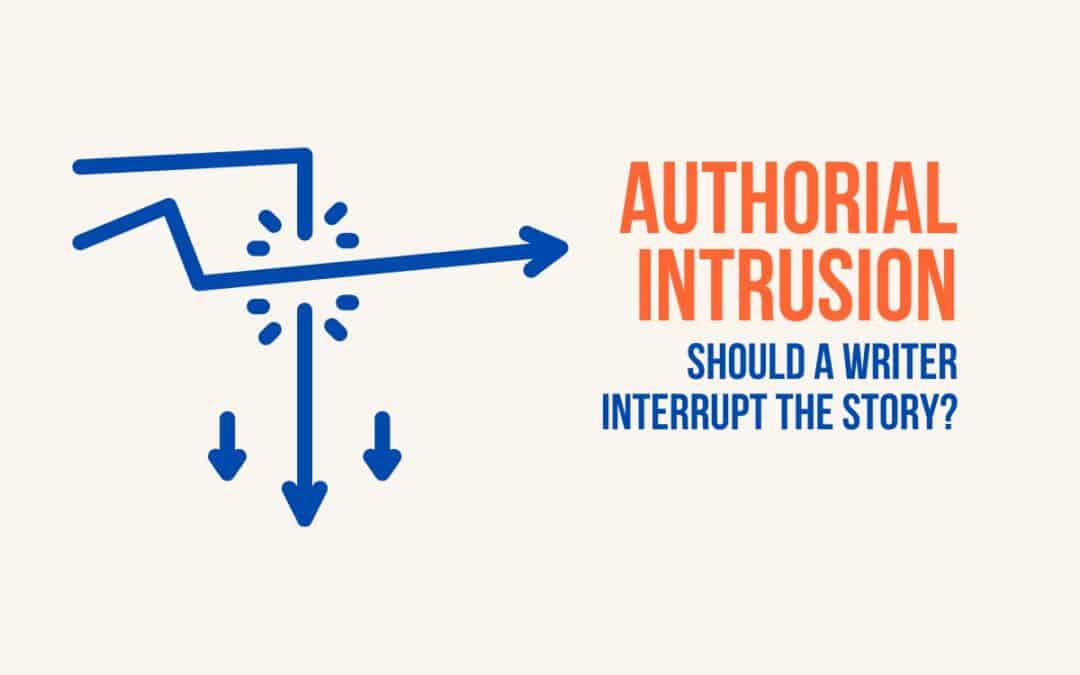
by Liz Bureman |
I love The Princess Bride. I saw the movie before I knew there was a book, but once I found out that a literary form of the story existed, I immediately checked it out from my high school library and devoured it. I found another copy at a clothing swap about two years ago, and it’s been sitting on my bookshelf ever since. I’m due for another reading soon, I think.
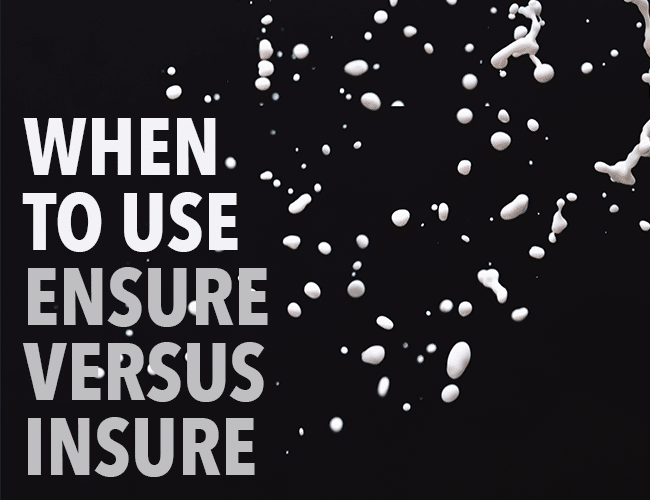
by Liz Bureman |
Both “insure” and “ensure” are verbs. They both derive from the same word meaning “to make sure.” So are they just a spelling variant of the same word?
No. The context can help clarify the difference between insure and ensure and the more distinct meanings for each.
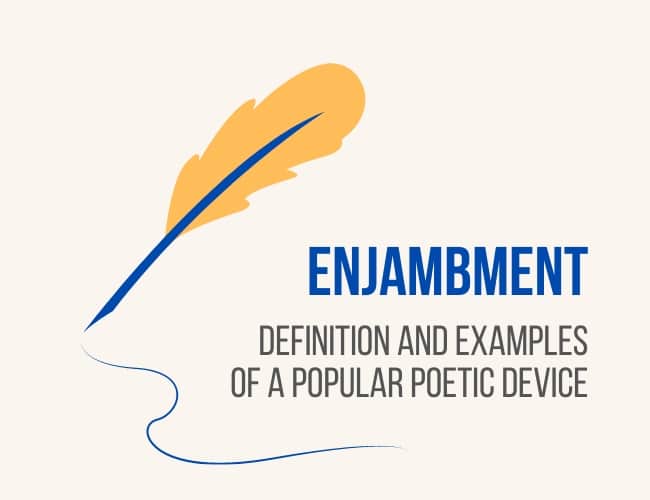
by Liz Bureman |
I love new words. I always get really excited whenever I learn a new word, and I try to use it as often as is applicable in my daily life. Sometimes this is harder to do than I’d like. However, this is a writing blog, and the word I learned today is a writing word. Congratulations, you get to learn about enjambments.
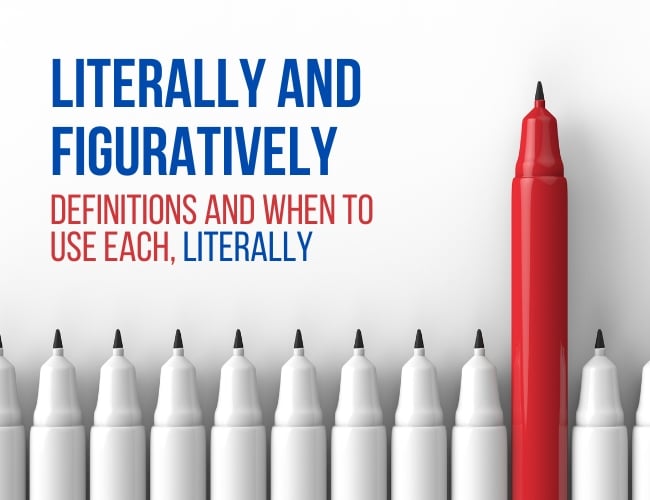
by Liz Bureman and Sue Weems |
The English language is full of idiomatic phrases and figurative expressions that often take on new life in casual conversation. One of those expressions that often irks grammarians is the use (or misuse) of literally and figuratively. Have you noticed the overuse of literally in everyday speech? Today let’s look at these two terms and how to use them to our advantage as writers.
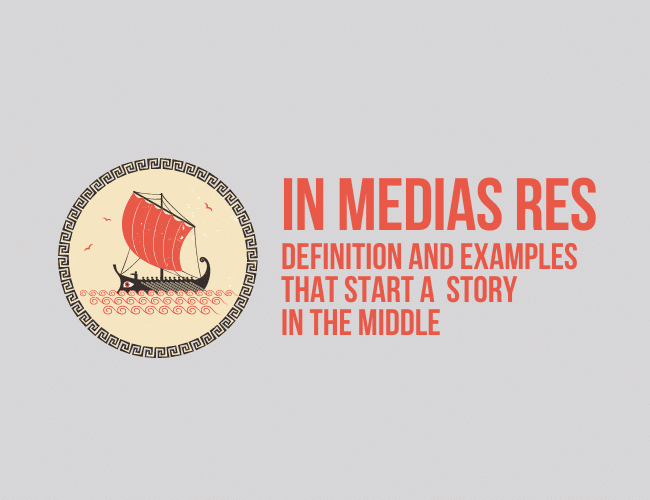
by Liz Bureman |
Beginning writers often start stories with a ringing alarm clock, following the protagonist’s daily routine. But what if there’s a better place to begin the story? One that will hook your reader and keep them turning the page? Ancient storytellers understood the power of beginning in medias res. Let’s find out what it is and how you can use it for your story today.







